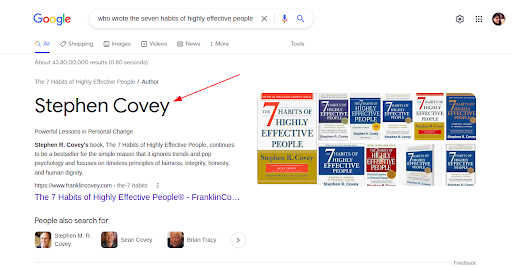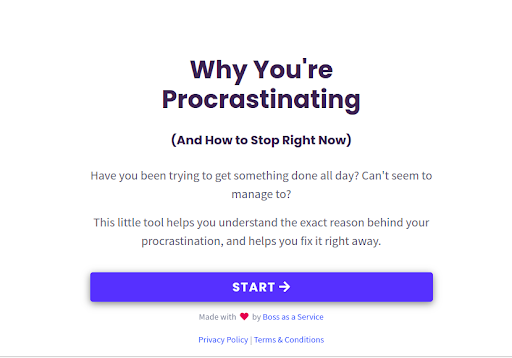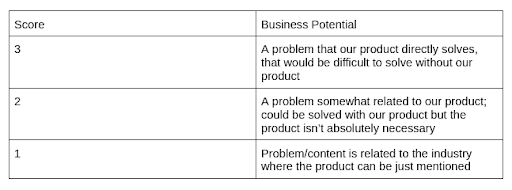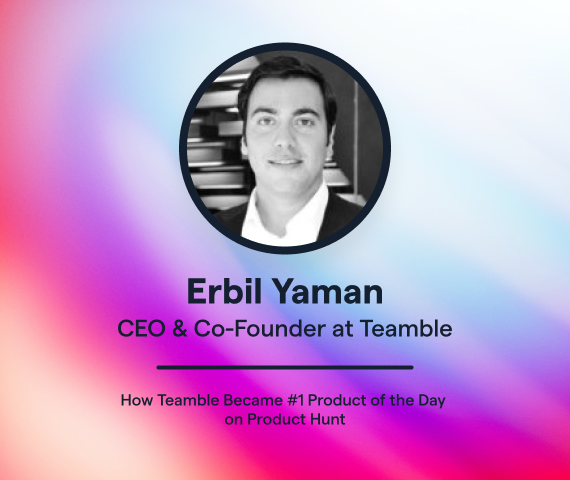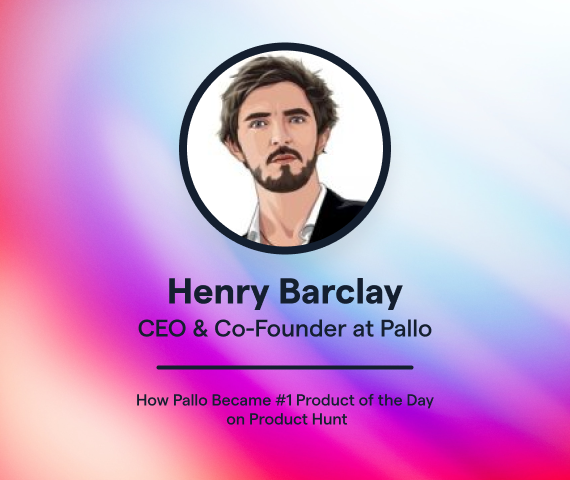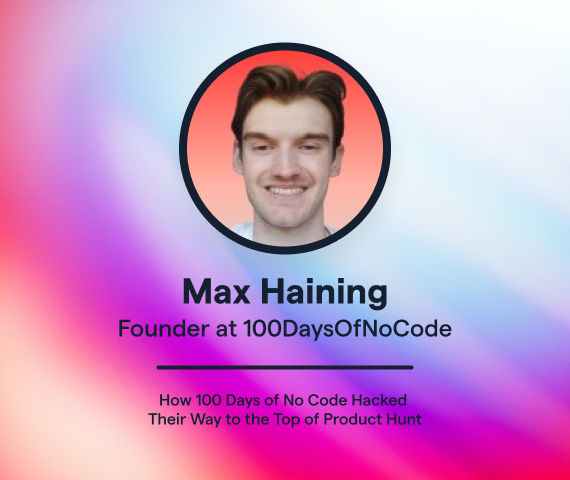Starting SEO from Scratch
Hi GrowthMentor Community, it’s great to be here! I’m Manasvini and I run Boss as a Service. This is an article on our experiments with SEO, with the help of friendly and super-knowledgeable Growth Mentors.
The challenge with SEO
Boss as a Service is an accountability service, where we give you a Boss — a real person who will keep you accountable to your goals.
If you work independently, as a student, freelancer, founder, or just need someone to keep an eye on you and make sure you don’t flake out on yourself, that’s what we’re all about! We work with users on email, text, Whatsapp and Telegram.
Tell us what you want to get done, but can’t seem to — and we make sure you do it!
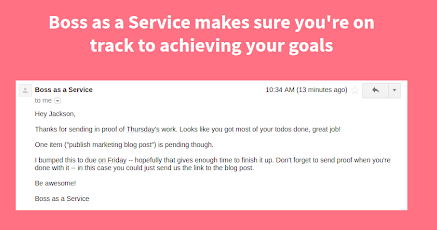
What our messages might look like!
At this time, our main focus in terms of growth is SEO. And as an entrepreneur (former lawyer) this is not a subject I’m very familiar with.
“Where to get started” is a confusing, even overwhelming topic.
This is where GrowthMentor proves to be a huge help — instead of spending weeks reading random blog posts and getting more lost and confused, what I get to do is to just research a few SEO mentors on the platform, and reach out to them, to achieve clarity, and a sense that you’re going in the right direction.
Currently we’re at a domain authority (DA) of 34, and have approximately 900 backlinks. I talked to several SEO stars for specific problems, but wanted to make an overall SEO goal for the next few months.
This is what Alexandra Cote greatly helped me with.
Alexandra was super friendly, and very generously allotted 1 hour for our discussion. I furiously made extensive notes, based on which I reconstructed this short article.
Focus Areas
Ideal Customer Persona – Where it all begins
To begin with, Alexandra approached our problem from a very holistic perspective, and started at a logical place — creating an ideal customer persona. As she said, this would be the first step.
The productivity niche, which is where we are, is extremely competitive (Just looking at those keyword difficulty scores is scary!). Instead of serving as broad an audience as possible, it would make more sense to narrow it down to our ICP.
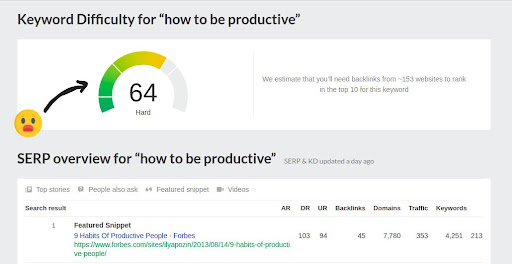
Productivity is a difficult niche!
The ICP is the perfect customer for the problem your product solves. You’d finalize your Ideal Customer Persona when you really understand what your customer’s problem is, and what they’re looking for from your product.

Alexandra CoteFirst things first – start with an ICP. When you understand exactly who your customer is, that’s when any marketing message starts to resonate.
Of course, it can change as your product (and the customer needs) evolve as well. Doing customer research – and later, customer segmentation – is a valuable exercise at any stage, but to be able to focus on the right marketing effort, it’s critical.
Distribution – Laying the groundwork
Alexandra emphasized something that’s easy to forget – SEO is all about playing the long game. In terms of distribution, she advised to get started with podcasts, newsletters, webinars, and co-marketing partnerships.
Keyword Research – All Traffic is not good traffic
One mistake I’d definitely been making was not considering if the traffic was “relevant and convertible.”
Many people are just looking for a specific answer on Google. For example, even if the traffic for the keyword “Who wrote The Seven Habits of Highly Effective People” is really high, it doesn’t help to write a content piece about that topic – clearly, the searcher is just looking for the author’s name, and is unlikely to even click on your piece even if it is ranking high.
Google will show them the answer right away at the top of the page. So just searching for high traffic terms can be pointless.
Searcher intent is one of the key factors for effective SEO, and understanding it can make or break your SEO strategy.
Frequency – Quality is better than quantity
One question I had for Alexandra was how often I should publish. It turns out, not surprisingly, in content, quality is king. It’s better to focus on 1-2 longform, quality pieces of content, preferably with original research, than write 10 average pieces repeating and rehashing what other people are already talking about on the internet. It’s always good to focus on evergreen content, and in all articles, have a section or two with some unique viewpoints!

Alexandra CoteQuality is king! Focus on writing a few valuable, hopefully, unique pieces than a large number of average pieces which say nothing new.
Writing unique content is, of course, easier said than done. For one thing, it’s just difficult. Doing a simple Google search for literally any topic produces an overwhelmed, panicked sensation in the newbie’s stomach – because literally every viewpoint out there is taken, done to death. Some ways to stand out from the crowd Alexandra shared:
- Do your own original research and publish the statistics (don’t hesitate to hit up people for interviews!)
- Don’t be afraid to put your controversial hot takes out there. It’s easy to get lost in the intricacies of keyword research and get into the mindset where you’re just writing what Google expects, but an honest piece where you go against the grain can really resonate (and pick up backlinks!)
- Another way to come up with something novel is crunching, analyzing and presenting existing data in a novel way. Your industry might have boring stores of data, say, in a government public database. Analyzing this data and presenting it in a visually appealing form might be the angle you’re looking for. For inspiration, check out the Data Is Beautiful subreddit!
- Alternatively, try adding value by taking an already existing concept and making it more useful – through interactivity or customization, for example. Our side project, Why Do I Procrastinate, presents the concept of the Procrastination Equation in the form of a short and actionable quiz.
Prioritization – Focus on high ROI pieces!
Let’s face it – there are just too many things to do and too little time to do everything. Prioritization is key! In SEO, if you have a Trello board with two dozen ideas, how do you figure out which ones to work on next?
Alexandra shared a prioritization matrix to help you decide – you want to focus on the highest scoring topics first!
Don’t forget to Promote your Content!
The Achilles heel of many technical-focused founders! Just writing a good piece of content is not enough, not in today’s world where everybody is jostling for attention. You need to develop a promotion checklist after each post – post about it on social media, and republish content.
Takeaways
I took away two important things from my session with Alexandra, that stopped me from continuing in the path I was moving in, and made me reconsider, and move in a new direction.
- To stop viewing SEO in isolation, as I had fallen into the habit of doing. When I talked with Alexandra, my priority was hunting down long tail keywords, with low keyword difficulty scores. This seemed to work well, but when I talked to her, Alexandra walked me through scenarios I’d not considered. For example, you could have a lot of traffic from some keywords, but practically no conversions. Whether the goal of your SEO strategy is brand awareness or conversions, is something you need to take a call about.
- And following that, to have a clear SEO goal in the first place! This is nothing short of ironic coming from a startup that is all about goal-setting, but the fact is that I didn’t know what I was looking to achieve with SEO. All I knew was, I wanted to work on SEO – and I dived headfirst into keyword research. Having a clear goal makes everything easier, in SEO and in life!

Manasvini Krishna, Founder of Boss as a serviceHaving a clear goal makes actually achieving it easier – with both SEO and life!
I’m so glad that we had this call –it would be easy to waste months going in the wrong direction, but one hour with an expert sets you right!
Next up? Time to put these tips into action! I hope to return in a couple of months with how we’ve implemented these takeaways, and results and progress made!
PS – This is by no means a complete summary of what Alexandra told me, and any mistakes are, of course, mine!

